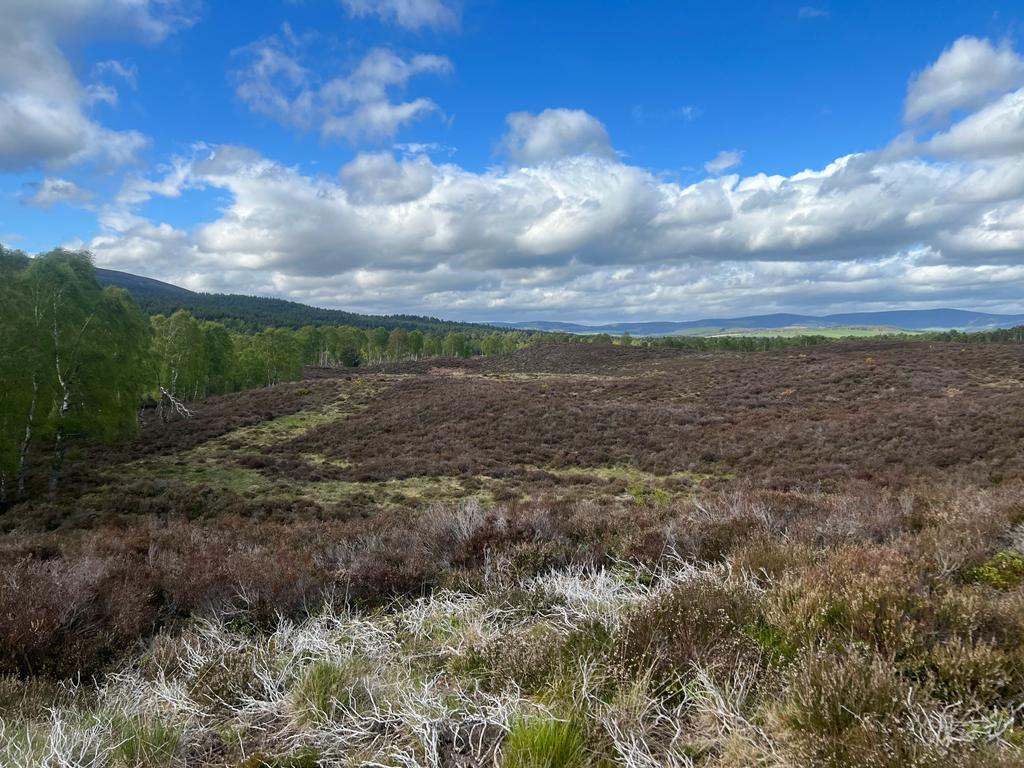Tick-borne disease burdens are increasing across Europe and the UK in response to changes in land use, climate and deer populations and may be further exacerbated by planned woodland expansion and future climate change.
Diseases caused by tick bites, if untreated, can sometimes cause serious illnesses and be potentially fatal for people and animals.
Ticks are found in areas of dense vegetation such as woodland, heathland and long grass, and use mammals (including deer, cattle, sheep and dogs) or birds as hosts, feeding on their blood. Deer are particularly important in supporting tick populations because they feed all a tick’s life stages and can move them across a landscape.

 This project is funded by UK Research and Innovation through NERC grants
This project is funded by UK Research and Innovation through NERC grants